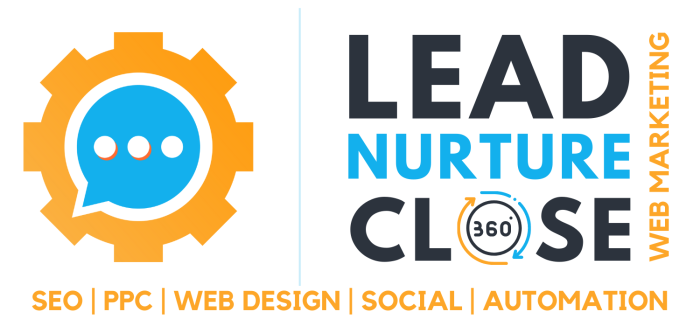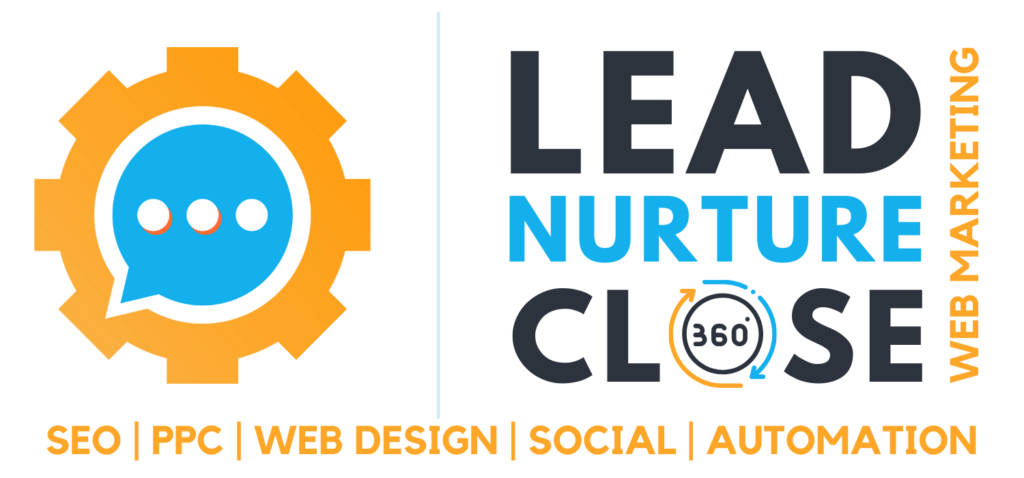To develop a winning marketing strategy, it is necessary to identify important marketing channels that are appropriate for your business. Large corporations can brainstorm and implement as many marketing tactics as they like because they have the luxury of big budgets. However, small businesses typically have limited budgets, meaning they have to focus on marketing channels that are both effective and cost-effective.
It’s important for small businesses to consider seriously which marketing channels to prioritize as they plan how and where to allocate their resources. With a restricted marketing budget, it is better to focus on quality rather than quantity. Think about how best you can capitalize on whatever amount you have set aside for marketing your business.
Although there are many marketing channels businesses can tap, not all channels are suitable for a small business. That is why it’s necessary to have a good understanding of marketing channels that work best for small businesses. Here are three effective channels to use for your small business:
1. Search Engine Optimization (SEO)
Search engine optimization refers to the process of making a website rank high in search engine results pages (SERPs) with emphasis being placed on a particular keyword or term. Nowadays, most people use search engines to find out more about a business and its products or services. And an increasing number of people also use search engines when they are ready to buy products or pay for services.
Ranking high is important because your content or website will be easily accessible to people searching for that keyword or term, or something similar. One key benefit of using SEO is that you get organic traffic because you don’t pay for advert placement. Because SEO is constantly changing, it’s important for a small business’s SEO experts to employ strategies that adapt quickly. But there are SEO basics that change little with time. These include:
Site structure — How the search engines select and organize your content.
Keywords — What is the content on your website about?
Crawlability — Can the content on your site be found by search engines?
Backlinks — Does the content on your website provide useful information?
SEO Tips
Online presence is vital if you are to expand as a business in this modern world. However, even more important is that your website comes up on the first or second page of search engine results because people rarely scroll past those two pages. For your website to show up in the first, or at the very least, second page of search engines, you can:
- Learn keyword optimization — The key elements of SEO are keywords. If you want to drive targeted search engine traffic to your site, it’s vital for you to research and choose the best possible keywords. And to achieve that, you can use keyword optimization tools such as Google Search Console and Google Keyword Planner.
- Optimize your website for mobile search — Because more time is now being spent on mobile devices by people the world over, it is necessary to make sure that the design, structure, and speed of your site are suitable for mobile browsing. Google mainly uses the mobile version of website content for ranking and indexing through its mobile-first indexing policy. So mobile optimization can help you get the best results.
- Always have high-quality content — For your site to fully realize its SEO goals, it’s important to always have fresh content. The content on your website should have well-researched keywords and should generate backlinks for your site as well. Visitors generally want content that is new or updated so they can decide whether to buy your products or pay for your services instantly.
Plus, through a process called indexing, search bots crawl the web continuously in order to add new pages to their search lists. If your content is helpful, it’s highly likely that more people will share it. And the more the content is shared, the higher you will rank on search engines because the search engines will think you have an important website.
2. Social Media Marketing
One of the best ways you can increase your online following and connect with your customers as a small business is through social media marketing. Through social media platforms, such as Twitter, Instagram, TikTok, YouTube, and LinkedIn, you can build your brand, establish and maintain relationships, grow your following, and generate sales.
Social Media Marketing Tips
- Know your audience — Knowing your audience is something that is required with every marketing initiative, including social media marketing. It’s important to know your audience because it helps to generate content that is tailored for them.
- Have a social media calendar — As a small business, it’s necessary to build a strong social media presence, and one of the best ways to achieve that is to post high-quality and relevant content consistently. Creating a social media calendar guarantees a constant flow of content, a consistent brand voice, and helpful information. Having a schedule helps to avoid posting content last minute, and you can keep up with your social media activities.
3. Email Marketing
Another effective way small businesses can engage with individuals who have shown interest in their service, product, brand, or website is email marketing. This is because of the widespread use of email the world over. You can develop relationships with current and potential clients using email. This is the channel frequently used by companies to build their brand, deliver marketing messages, and to keep clients informed.
Email Marketing Tips
- Come up with your own lists — The most important thing to remember with email marketing is that consent is crucial. For your marketing efforts to be successful, it is important to send emails to people who actually want to receive promotional offers and newsletters via email from you. So, make sure that you send emails to subscribers that have agreed to receive email marketing messages from you. To avoid being branded a spammer, don’t purchase ready-made email lists from suspicious sources.
- Send personalized messages — If you want your email marketing strategy to work, avoid sending out messages randomly because that can result in increased unsubscribe rates. You can maintain clean lists by putting them in segments. That way, you will know the emails that belong to a particular segment. Personalization is crucial for account-based marketing.
Although there are many channels which businesses can use to market their products or services, not every marketing channel works for small businesses. In the end, what matters if you are a small business is that you opt for marketing channels that are in line with your business goals.

















